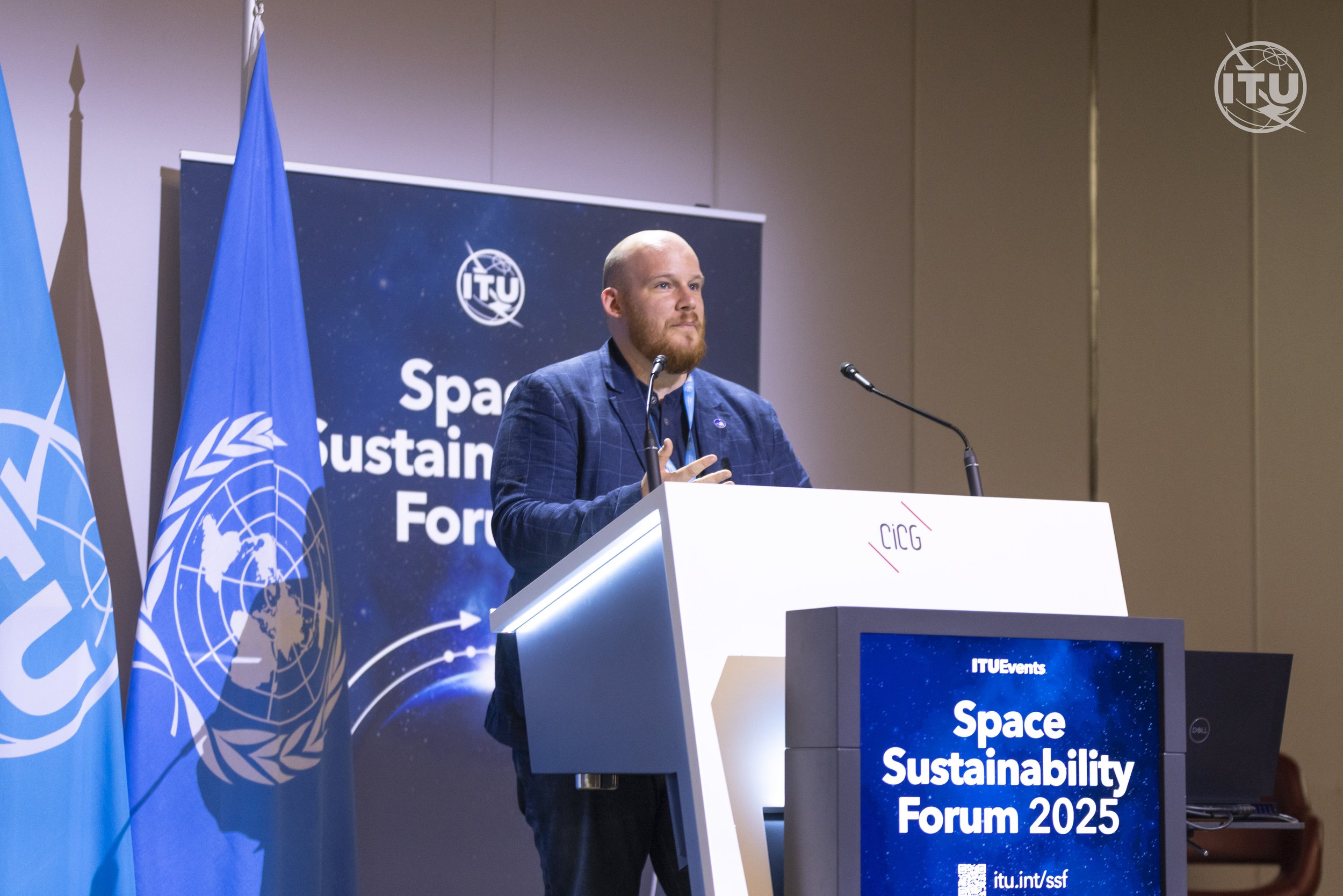
what we doWe build projects which set precedents and scaffold third-way governance through infrastructure.
Our projects demonstrate good governance, influence norms, and incentivise good-faith cooperation.
Open Lunar works towards a peaceful, enduring presence on the Moon that benefits all life. To bring this vision to life, we work on establishing the standards, laws, norms, and essential infrastructure that will enable a sustainable lunar future.
Our focus is on high-impact, tangible opportunities that address critical gaps. We concentrate on building foundational utilities that support a thriving lunar ecosystem.
These efforts span areas such as responsible resource management, open data sharing, technical standards and protocols, and transparent coordination, all aimed at fostering a collaborative and resilient lunar environment.

We prototype and build infrastructure through our innovation process.
OUR PROCESSGENERATE IDEAS
We work with first movers, industry leaders, and policymakers to identify gaps, challenges and high impact projects critical to lunar development. We collect and generate ideas year-round.
INVEST IN HUNCH RESEARCH
We engage skilled talent and conduct in-depth research through our fellowship program. Research results are shared as open publications, and their findings determine whether we build evidence backed prototypes.
BUILD OUT CONCEPTS
Promising results are evaluated by an independent expert panel before we approve development. During this phase, business plans, stakeholder engagement and prototypes are the focus. We assess the project's viability including gauging interest from potential partners and understanding the overall feasibility of the initiative.
DEVELOP INITIATIVES
Concepts with strong leaders and timely, feasible products or services can become independent initiatives. We provide robust support to help these initiatives make a tangible impact. We have a granting program that bridges these projects into independence.
SHARE OUTCOMES
Throughout our process, we are committed to openness and collaboration. We continuously share our research, progress, and findings. This accelerates sector progress by allowing others to build upon our work.

Open Lunar conducts annual reviews of all our projects, exploring new avenues for growth, and adapting to our changing world.
Intentionality in Investment
Projects are selected based on rigorous evaluation criteria and are vetted by independent review committees to ensure their impact and alignment. We invest in solutions that follow our 9 point Impact Criteria:
→ Increases the responsible stewardship of resources
→ Develops effective non-state commons management
→ Avoids monopolies & increasing diversity of access of resources
→ Increases governance capacity for commons and public goods
→ Contributes to cooperation and conflict reduction
→ Builds shared, open access infrastructure/ resources
→ Aligns with sector readiness and present relevance
→ Adds non-duplicative and unique value
→ Addresses a market failure

“Let’s invite actors to the table as peers, create a place to explore the unknown and collaborate.”
- Jessy Kate Schingler, Founder and Board Member











